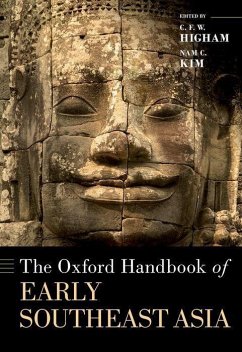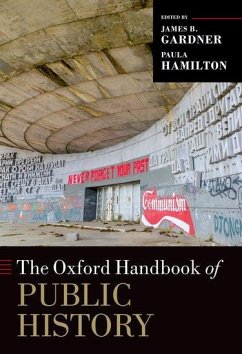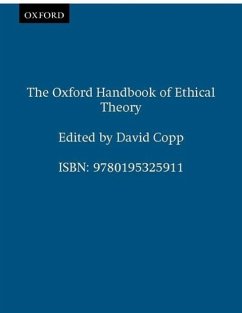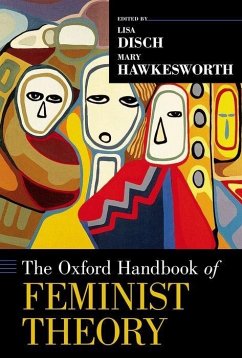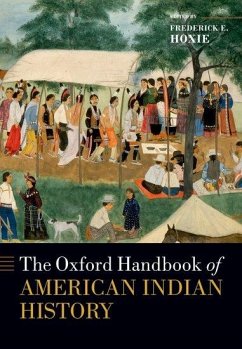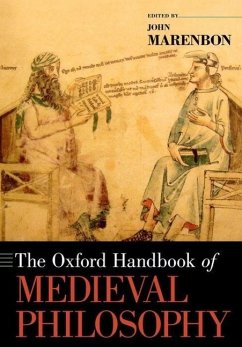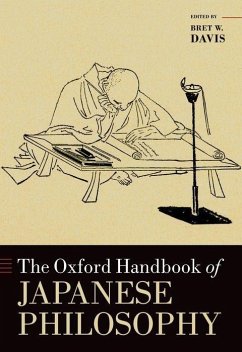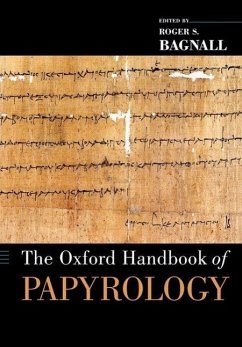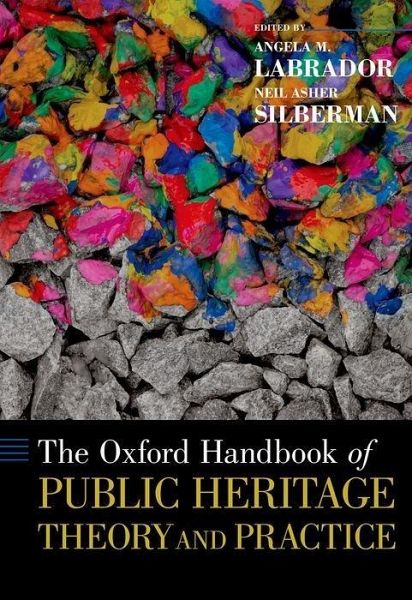
Oxford Handbook of Public Heritage Theory and Practice

PAYBACK Punkte
94 °P sammeln!
The field of cultural heritage is no longer solely dependent on the expertise of art and architectural historians, archaeologists, conservators, curators, and site and museum administrators. It has dramatically expanded across disciplinary boundaries and social contexts, with even the basic definition of what constitutes cultural heritage being widened far beyond the traditional categories of architecture, artifacts, archives, and art. Heritage now includes vernacular architecture, intangible cultural practices, knowledge, and language, performances and rituals, as well as cultural landscapes....
The field of cultural heritage is no longer solely dependent on the expertise of art and architectural historians, archaeologists, conservators, curators, and site and museum administrators. It has dramatically expanded across disciplinary boundaries and social contexts, with even the basic definition of what constitutes cultural heritage being widened far beyond the traditional categories of architecture, artifacts, archives, and art. Heritage now includes vernacular architecture, intangible cultural practices, knowledge, and language, performances and rituals, as well as cultural landscapes. Heritage has also become increasingly entangled with the broader social, political, and economic contexts in which heritage is created, managed, transmitted, protected, or even destroyed. Heritage protection now encompasses a growing set of methodological approaches whose objectives are not necessarily focused upon the maintenance of material fabric, which has traditionally been cultural heritage's primary concern. The Oxford Handbook of Public Heritage Theory and Practice charts some of the major sites of convergence between the humanities and the social sciences, where new disciplinary perspectives are being brought to bear on heritage. These convergences have the potential to provide the interdisciplinary expertise needed not only to critique but also to achieve the intertwined intellectual, political, and socioeconomic goals of cultural heritage in the twenty-first century. This volume highlights the potential contributions of development studies, political science, anthropology, management studies, human geography, ecology, psychology, sociology, cognitive studies, and education to heritage studies.





